Snake Plant Flower Delivery Singapore Flowers and Kisses
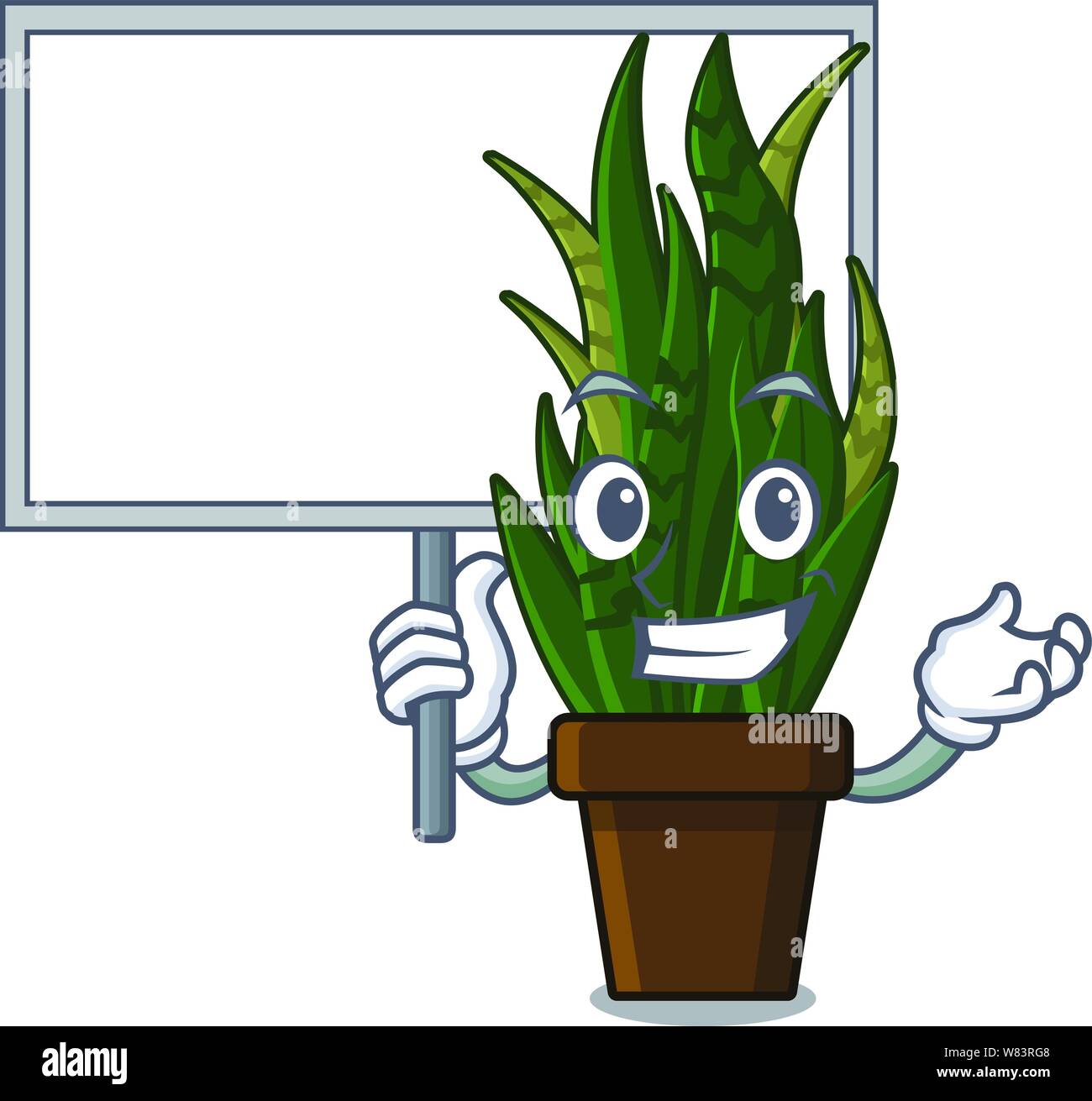
Bring board snake plant isolated with the mascot Stock Vector Image
However, snake plants are toxic to cats, and dogs, for that matter. The type of toxin they contain is saponin. Saponin is a defensive mechanism that many plants use to protect themselves against insects, microbes, and fungi.. We've also provided a list of cat-friendly houseplants so that you have some options to inspire your interior.

Snake Plant 'Forest Star' Indoor Plant Tropical Plant Potted
Unfortunately, snake plants are actually toxic to cats as well as dogs. Snake plants contain a toxin known as saponin. Saponin is a defensive mechanism for the plant that allows it to protect itself against harmful microbes, fungi, and insects. If you already own a snake plant, there are a few things you can do to protect your cat and prevent.

21 Plants That Are Safe for Cats and Dogs in 2020 Cat safe plants
Saponins are found on all parts of the snake plant and will also make humans ill if consumed. Curious pets are likely to experience negative symptoms if they decide to nibble on a snake plant. 'Snake plants can cause vomiting, diarrhea and other gastrointestinal upsets to pets,' says Diane Kuthy, the founder of How To Grow Everything.
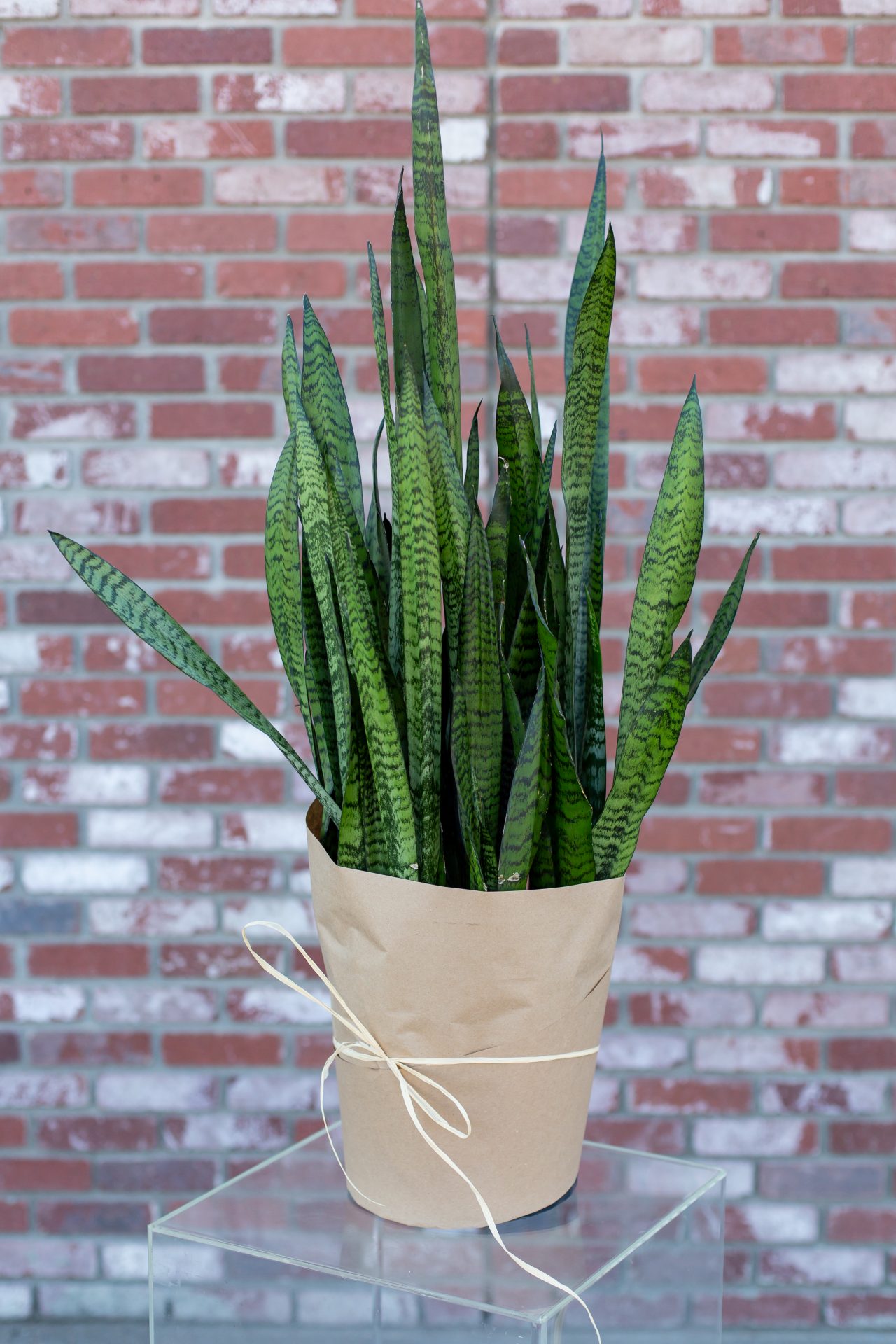
Order Flowers Online Snake Plant Passionate Blooms
Snake Plant. Additional Common Names: Golden Bird's Nest, Mother-in-Law's Tongue, Good Luck Plant. Scientific Name: Sansevieria trifasciata. Family: Agavaceae. Toxicity: Toxic to Dogs, Toxic to Cats. Toxic Principles: Saponins. Clinical Signs: Nausea, vomiting, diarrhea. If you suspect your pet may have ingested a potentially toxic substance.

Sansevieria (Snake Plant) House Plants
Snake plants, also called mother-in-law's tongue, are toxic to cats. All parts of the plant contain saponins, which are organic chemicals that protect plants from bugs, bacteria and fungi. Luckily, saponins are only mildly toxic, and most cats won't try to eat that much of the plant anyway. "Most of the time, cats won't eat enough snake.

Your guide to caring for the hardy, timeless snake plant! Snake plant
Introduction: When it comes to creating a safe and pet-friendly environment at home, being aware of potential hazards is crucial. Many plant owners wonder if snake plants, with their unique, upright leaves, are safe to keep around cats. In this article, we will delve into the topic of snake plants' toxicity to cats and provide

Leptophis Green Snake Vine · Free photo on Pixabay
However, many plant lovers, who own pets often ask, "Are snake plants toxic to cats and dogs?" Unfortunately, the answer is yes. Snake plants contain saponin, a toxin that protects them against harmful microbes, fungi, and insects. So, as a pet owner, understanding your snake plant's toxicity helps create a safe environment for your furry friend.
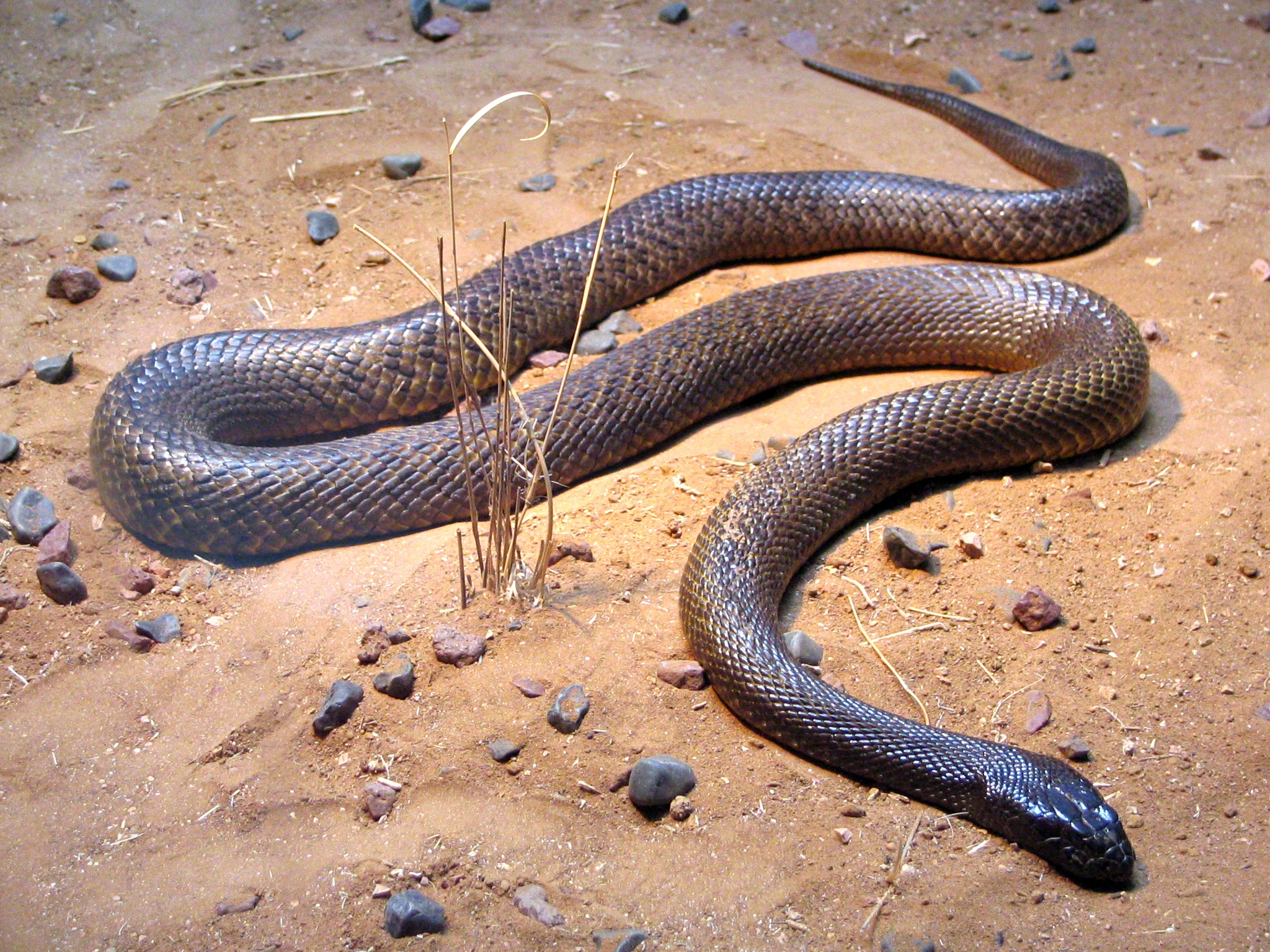
FileFierce SnakeOxyuranus microlepidotus.jpg Wikipedia
Snake plant, a versatile and very popular houseplant, is not safe for cats. All parts of the snake plant are toxic or poisonous to dogs because they have saponins.. Since the snake plant is not cat-friendly, avoid having them or any others that poisonous to cats. Instead go for kitty-safe ones such as palms, staghorn fern, Christmas cactus.

Snake Plant in DELTA 20
Being informed about the potential dangers of snake plants to cats can help pet owners create a safe and pet-friendly environment in their homes. Symptoms of Snake Plant Toxicity in Cats. Snake plants, also known as Sansevieria, are a popular houseplant due to their air-purifying properties and low maintenance requirements.
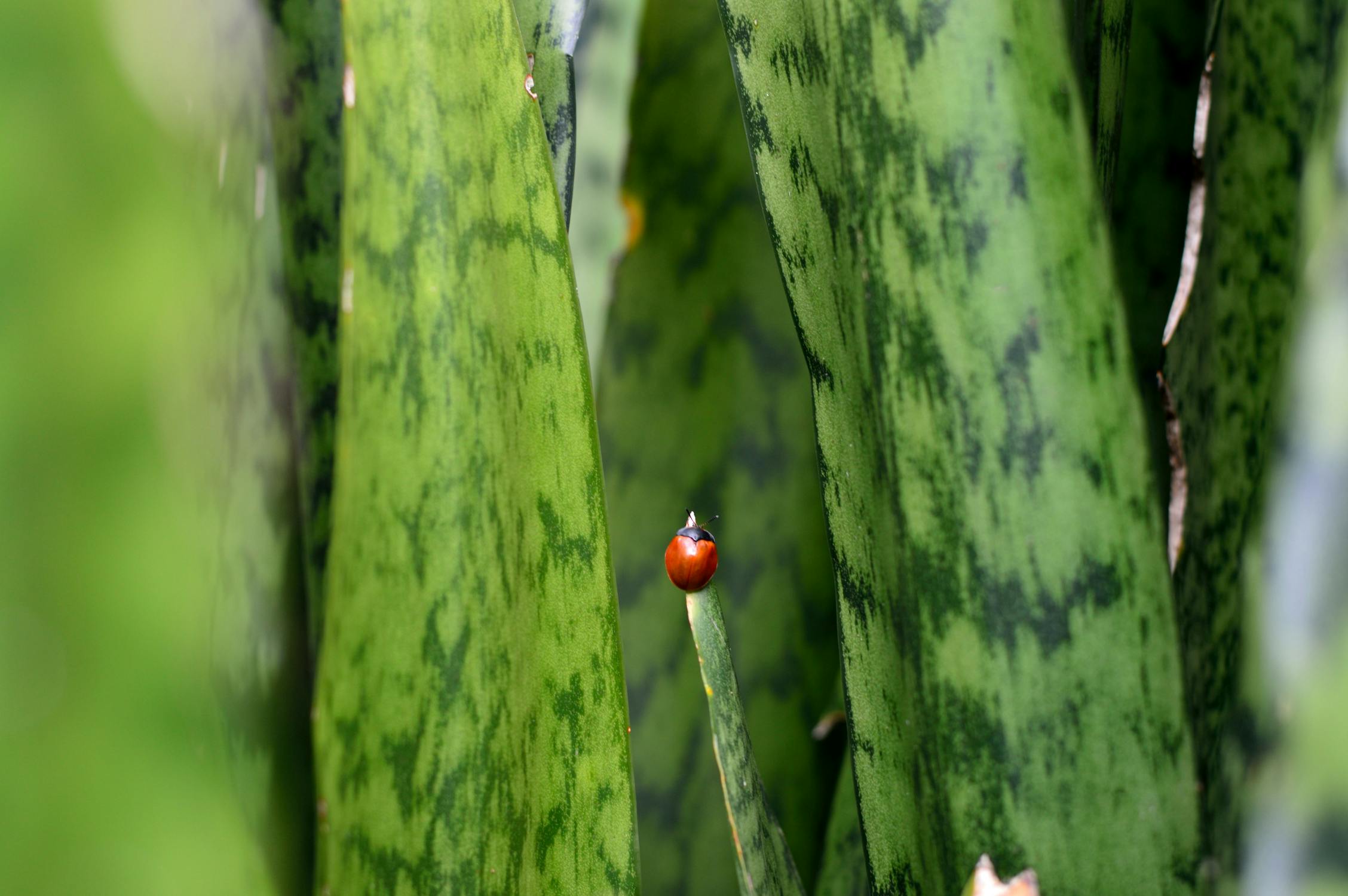
Ladybug on Snake Plant Selectivefocus Photography · Free Stock Photo
Snake plants ( Dracaena trifasciata), contain toxic substances called saponins. These compounds are naturally occurring in various plant species and serve as a defense mechanism against herbivores. Unfortunately, when cats ingest saponins, they can cause gastrointestinal irritation and other adverse effects. Saponins have a molecular structure.

FileRedbelly Snake Storeria occipitomaculata occipitomaculata.jpg
Other plants that are safe for cats. Rattlesnake plant opens in a new tab (Goeppertia insignis): This tropical plant is both cat-safe and gives the same lush look as snake plants.. Blushing bromeliad (Neoregelia carolinae): These plants have scarlet blooms and are perfect for adding a pop of color to your home.African violet (Saintpaulia ionantha): African violets produce vibrant violet.
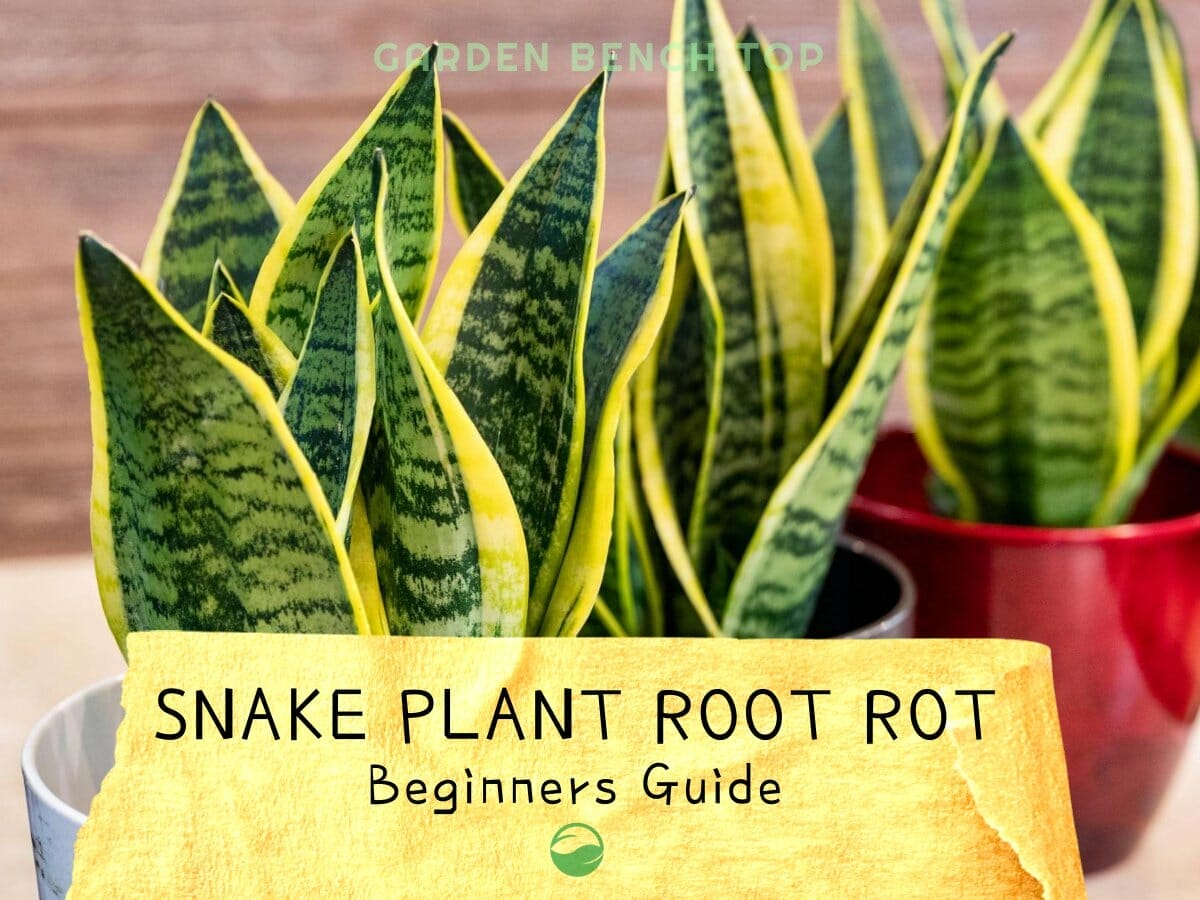
19+ Overwatered Snake Plant KairneSinai
Yes, snake plants are toxic to cats. If your cat has ingested a piece of snake plant, contact your veterinarian right away. If you suspect your pet may have ingested a potentially toxic substance, you can also call the Pet Poison Helplineat 1-855-764-7661 or Animal Poison Controlat 1-888-426-4435.

Devil's Ivy Creepers Png Plants Illustration Cutout Archlibrary
Alternatives To Snake Plants For Cat-Friendly Homes. Snake plants are a popular choice for indoor greenery due to their air-purifying qualities. However, they are toxic to cats and can cause gastrointestinal upset, vomiting, and diarrhea. Luckily, there are many cat-friendly alternatives, such as spider plants, boston ferns, and african violets

10 CatSafe Plants that are Also Hard to Kill Cat safe plants, Cat
Secure Your Plants: Prevent access to snake plants by placing them in areas that are inaccessible to your cat or using barriers like hanging planters. Research Safe Alternatives: Consider safe plant alternatives that are non-toxic to cats, such as spider plants, African violets, or Boston ferns, to enhance your indoor greenery without posing a.

diagnosis My Snake plant never seems to grow Gardening
By understanding the potential risks associated with snake plants and other toxic greenery, we can make informed decisions that prioritize the well-being of our feline companions. Let us embrace the beauty of pet-friendly plants, create a safe haven for our cats, and revel in the harmony of a home shared with our four-legged friends.

Buy Fycooler Artificial Snake Plants Artificial Tropical Snake Plant
It's like the plants are just asking for an attack from your cat's point of view. Cats like to get into things they aren't supposed to, and some plants can be downright lethal to ingest. If.